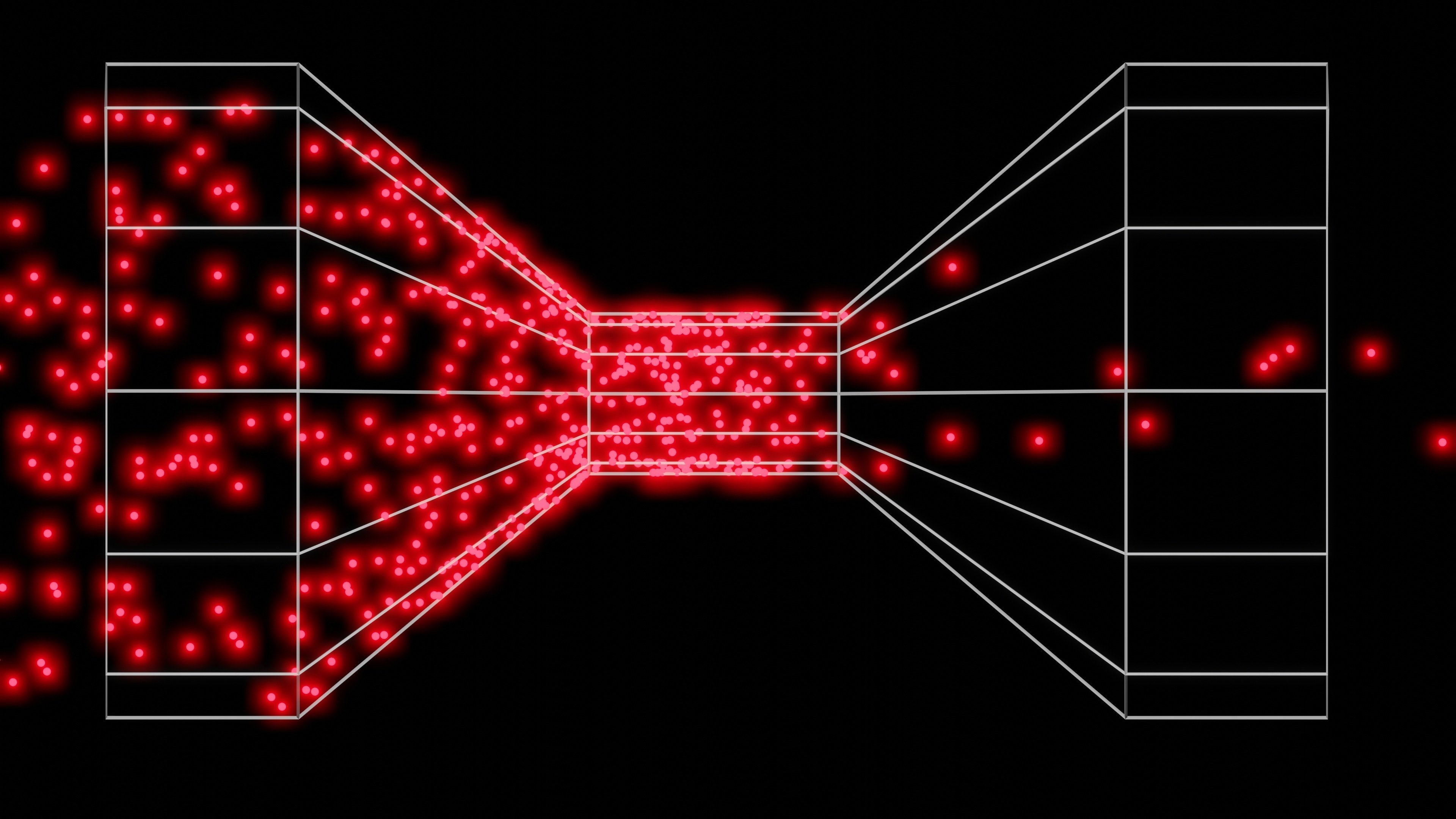Japan’s Digital Agency recently announced strategic collaboration with OpenAI to explore the safe and effective use of generative AI in the public sector (OpenAI, 2025) will give civil servants access to tools like ChatGPT and new, co-developed applications tailored for administrative functions.
The agreement opens a new chapter in how states might govern themselves in the age of AI. What at first glance appears to be a government-tech tie-up is quietly one of the more consequential moves yet in Asia’s digital transformation.
The goal is to make government work smarter, faster, and more effectively. The plan includes rolling out “Gennai,” a new AI tool based on OpenAI’s models, for government employees:
“Japan’s Digital Agency will make Gennai, a new AI tool powered by OpenAI’s advanced AI technology, available to government employees, to use AI to drive innovative public sector use cases,” according to a release. “Aligned with the Japanese government’s policies, OpenAI will also actively explore initiatives that contribute to secure and reliable government AI, including pursuing ISMAP (Information system Security Management and Assessment Program) certification.”
Already, Japan has developed around 20 generative AI tools for tasks such as legislative research and legal query support. These are the pilots. With OpenAI in the loop, those pilots may evolve into systems that scale up, adapt, and shape the public administration landscape for decades (Asia News Network, 2025). The Digital Agency plans to pilot the tools internally first, with broader expansion across ministries and local governments to follow. That gradual approach allows refinement, risk mitigation, and adaptation to real workflows.
At the same time, some legal and ethical questions loom. What rights do citizens have over decisions informed by AI? How transparent will the models be? And how will edge cases (where AI errs or misreads context) be handled?
Long before Japan and OpenAI announced their government-AI partnership, a more subtle architecture was already in motion: the Hiroshima AI Process (HAIP). In May 2023, as the G7 convened in Hiroshima, leaders acknowledged that the pace of generative AI was outstripping regulation (Japan Government, 2024). They launched the Hiroshima AI Process to build shared norms, not after crises, but in parallel with innovation. That framework crystallized later that year as the Hiroshima AI Process Comprehensive Policy Framework, comprising guiding principles, a voluntary code of conduct, and mechanisms for cooperative projects.
These steps matter far beyond Tokyo. For governments in Asia and around the world, this move offers a model worth studying. Japan is not simply importing tools; it is co-building. It is demanding that those tools comply with domestic security standards, including ISMAP certification, before broader rollout.
Local context makes the difference. Nations wary of foreign AI influence can draw on Japan’s careful balance: embracing global innovation while maintaining local control. OpenAI’s models will operate only where security, compliance, and governance permit.
If layers of promise and risk converge, Japan’s OpenAI collaboration stands to do more than improve bureaucracy. It could be the first large-scale test of how governments, AI, and citizens coexist in this century.
.png?width=1816&height=566&name=brandmark-design%20(83).png)



